

On a recent Wednesday Night Special, Glenn Beck took a good hard look at how elite-driven trade policies over the last 30 years have gutted America’s middle class.
In 2001, China joined the World Trade Organization. The move was presented as progress, but it ultimately caused nationwide devastation.
“The year China joined the WTO, the U.S. imported $102 billion in goods from China. In 10 years that number has more than tripled to $365 billion,” says Glenn.
Our trade deficit with China suffered tremendously as well.
“[It] tripled over the same period to $273 billion. Last year the deficit was $295 billion — by far our largest trade deficit with any nation,” Glenn adds.
“What is the fallout from this massively lopsided trade with China alone?”
Glenn, citing a 2016 study by an MIT economist, says, “During the first decade after China joined the WTO, the growth of imports from China cost us 2.4 million jobs — 985,000 of those just from a factory floor.”
The study concluded with the following point: International trade results in lower-priced goods and services on average and thus lowers the cost of living. However, low-skilled workers are nearly always worse off. The system creates “winners and losers.”
“This is what Trump is talking about. For far too long our leaders, especially on the left, have been way too comfortable with ignoring the losers in this equation,” says Glenn.
The displacement of American workers, he says, is best seen in “the Rust Belt” — a term created to capture the economic decline, factory closures, and population loss of a region in the United States, mainly in the Midwest and Northeast, that is known for manufacturing.
To illustrate this point, Glenn shows a picture of Galesburg, Illinois, home of the once-booming Maytag factory. Formerly known as “Appliance City,” the plant used to employ 5,000 people, but after “the last refrigerator rolled off the assembly line in 2004,” the site has been reduced to a pile of “rubble and weeds.”
Glenn also gives the example of Youngstown, Ohio — “once a proud hub of American steel, churning out beams that built our skyscrapers.” That is, until Chinese steel was brought in and the factory collapsed.
“Youngstown has lost 60% of its population since 1970,” says Glenn, noting that a significant portion of the exodus occurred “between 2010 and 2012” — about a decade after China joined the WTO.
Glenn’s third example is Gary, Indiana, a major steel manufacturing center and home to U.S. Steel's massive Gary Works plant.
“In the 1970s, 30,000 people worked at that mill alone. Today, it employs 3,700,” says Glenn, adding that the town’s population has decreased 62% over the last several decades and has “10,000 abandoned buildings.”
“Between the year 2000 and 2010, the U.S. lost over 5.5 million manufacturing jobs. That's the steepest drop-off in our history. … It is the draining of the American dream,” he laments.
To hear more of his commentary, watch the episode above.
Want more from Glenn Beck?
To enjoy more of Glenn’s masterful storytelling, thought-provoking analysis, and uncanny ability to make sense of the chaos, subscribe to BlazeTV — the largest multi-platform network of voices who love America, defend the Constitution, and live the American dream.
.png)
 4 hours ago
2
4 hours ago
2
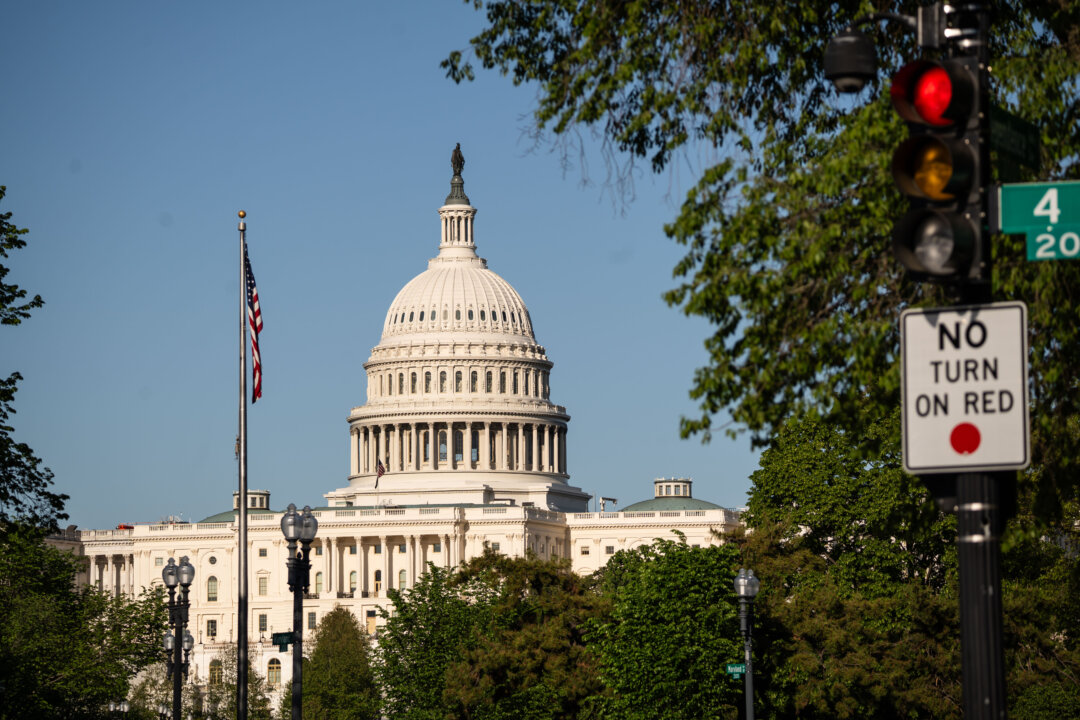




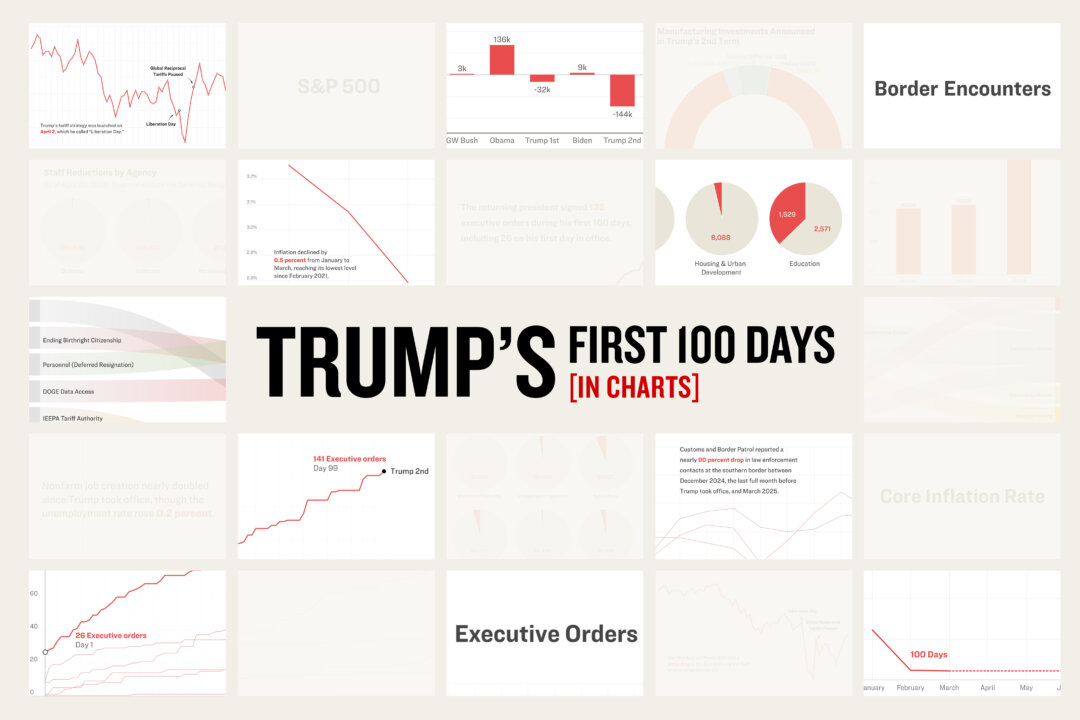
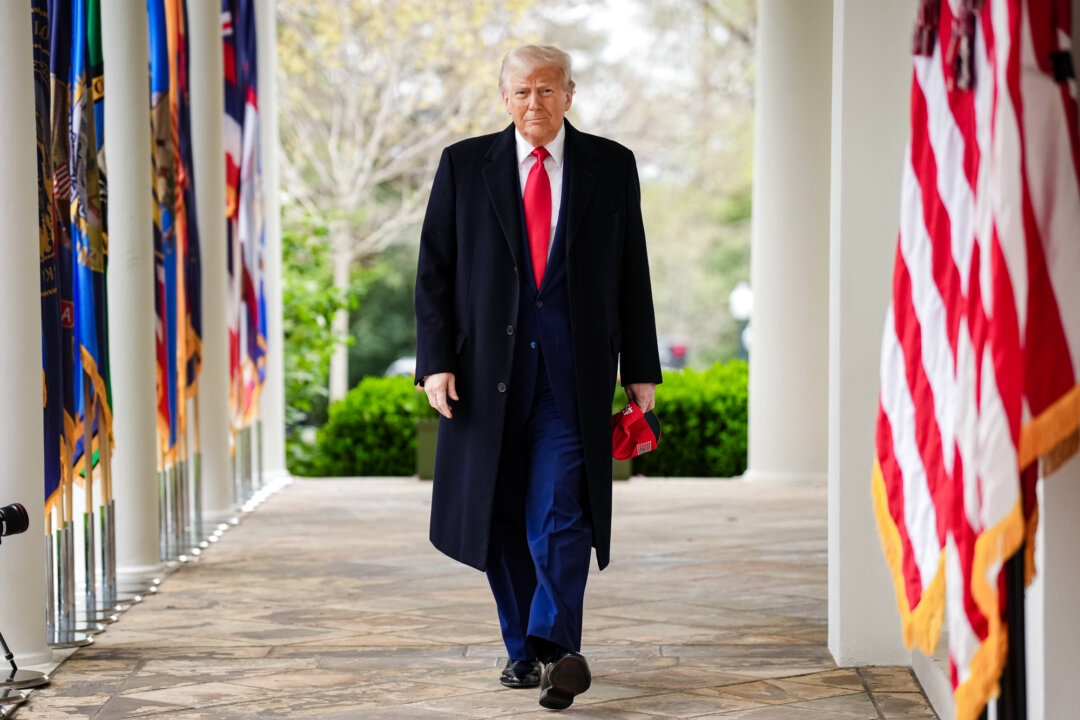

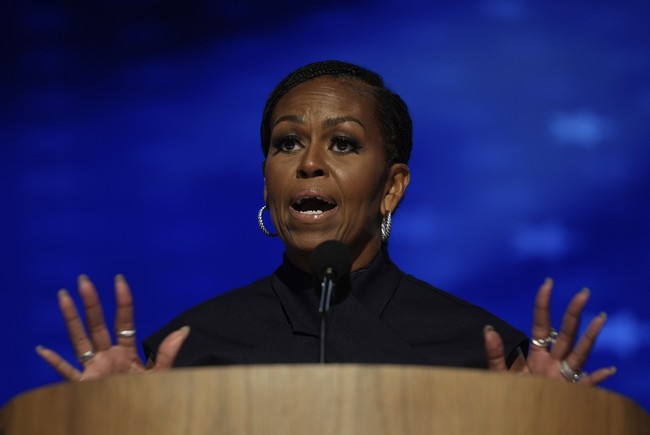

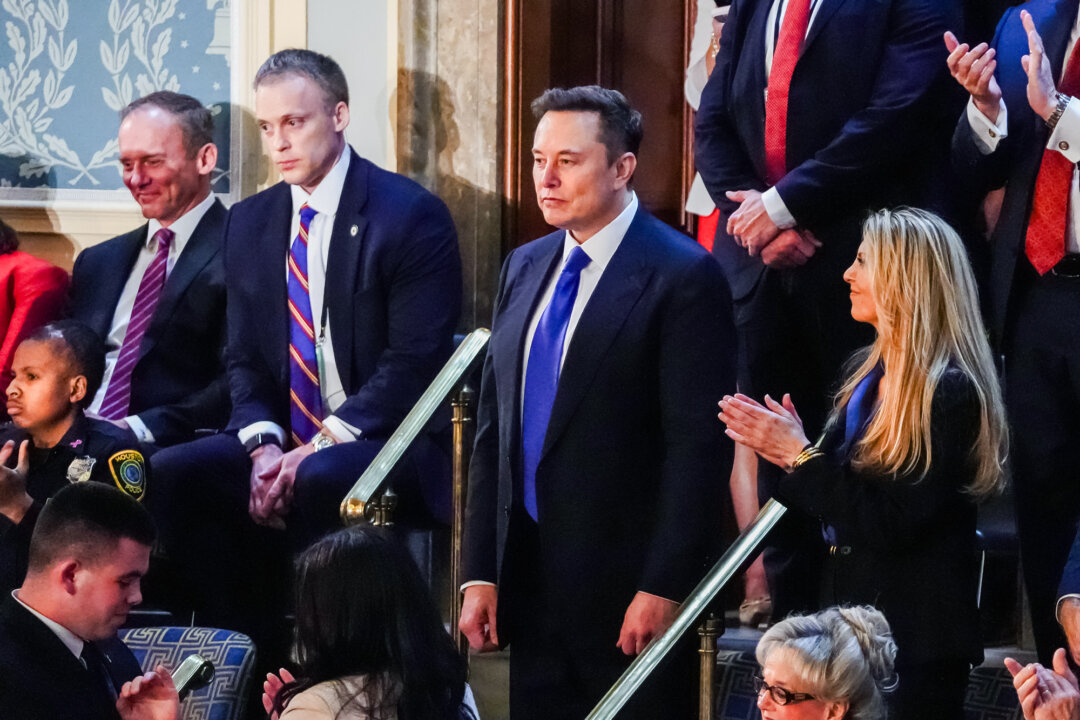




 English (US)
English (US)